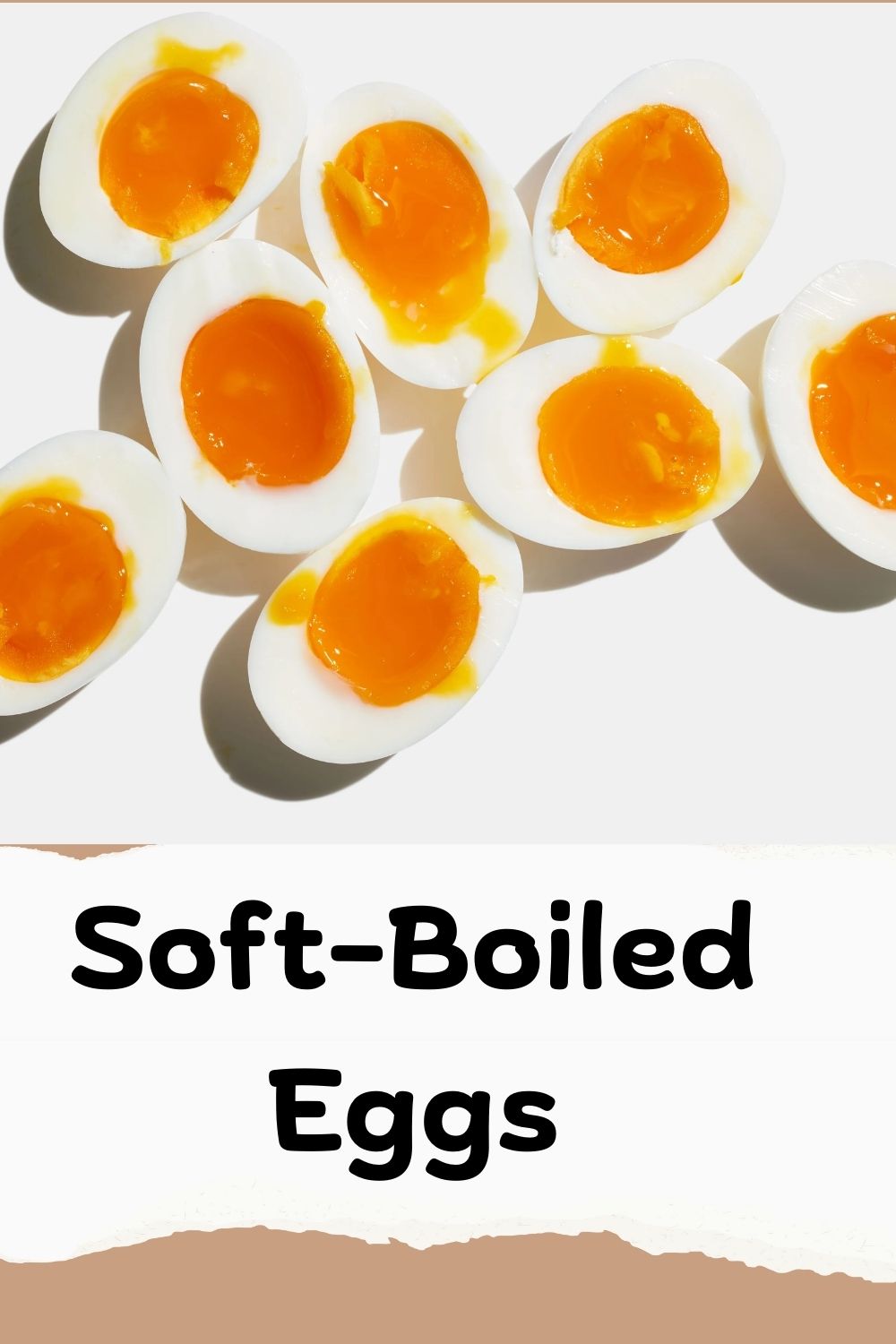Introduction
Soft-boiled eggs are a classic breakfast or snack that offer a delicate balance of texture and flavour. The creamy yolk and tender white make for a delightful and satisfying experience. While they may seem intimidating to cook, mastering the art of soft-boiling eggs is actually quite simple with a few tips and tricks.
Understanding Soft-Boiled Eggs
Soft-boiled eggs are cooked for a shorter period than hard-boiled eggs, resulting in a runny yolk and a slightly firm white. The exact cooking time will depend on your desired level of doneness.
Equipment
- Fresh eggs
- Saucepan
- Ice bath (a bowl of ice water)
- Timer
Steps to Cook Perfect Soft-Boiled Eggs
Bring Water to a Boil
Fill a saucepan with cold water and bring it to a rolling boil.
Add Eggs
Carefully add the eggs to the boiling water.
Cook
Cook the eggs for 3-4 minutes for a runny yolk and a slightly firm white. For a firmer yolk, cook for an additional minute or two.
Ice Bath
Immediately transfer the cooked eggs to an ice bath to stop the cooking process.
Peel and Serve
Peel the eggs and serve immediately.
Tips
Use Fresh Eggs
Fresh eggs are more likely to peel easily.
Start with Cold Water
This helps to ensure even cooking.
Eggs Gently
Avoid cracking the eggshells by adding them to the boiling water gently.
Timer
Accurate timing is essential for achieving the desired level of doneness.
Ice Bath
Immersing the eggs in an ice bath immediately after cooking helps to prevent the yolk from continuing to cook.
Variations and Serving Ideas
Dipping
Serve soft-boiled eggs with soldiers (thinly sliced toast) for dipping.
Salads
Add a soft-boiled egg to your favorite salad for a protein boost and a creamy texture.
Soups
Break a soft-boiled egg into a bowl of hot soup for a hearty and comforting meal.
Toast
Top a slice of toast with a soft-boiled egg, a sprinkle of salt and pepper, and a dollop of hollandaise sauce for a delicious breakfast or brunch.
Troubleshooting
Cracked Eggs
If an egg cracks while cooking, remove it from the water immediately to prevent the yolk from leaking out.
Overcooked Eggs
If your eggs are overcooked, they will have a firm yolk. Experiment with different cooking times to find your desired level of doneness.
Difficult to Peel
Older eggs may be more difficult to peel. Try adding a teaspoon of baking soda to the boiling water before adding the eggs.

